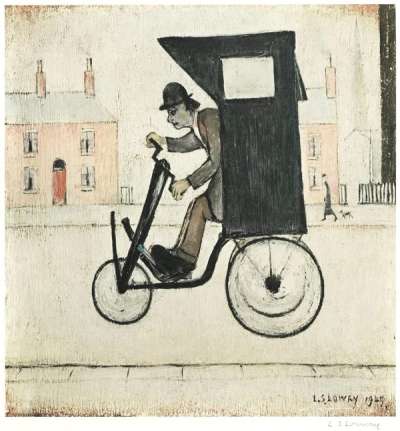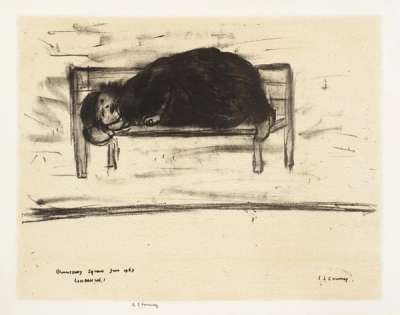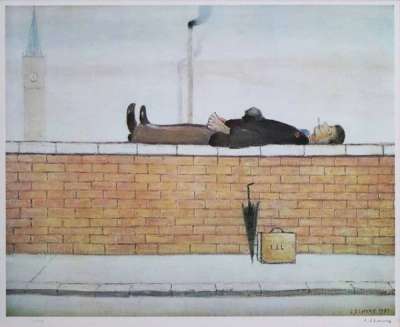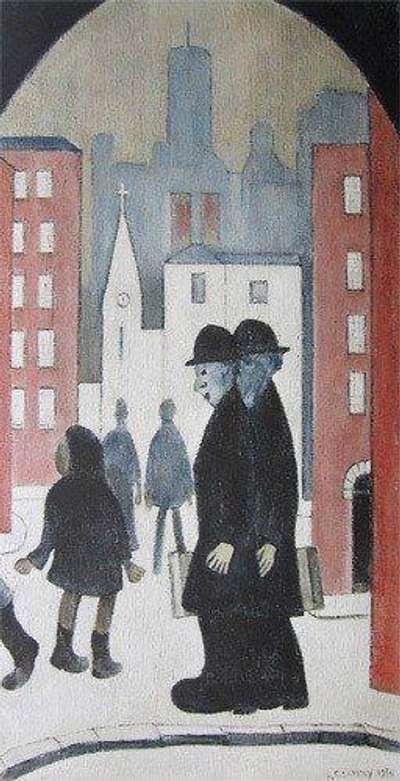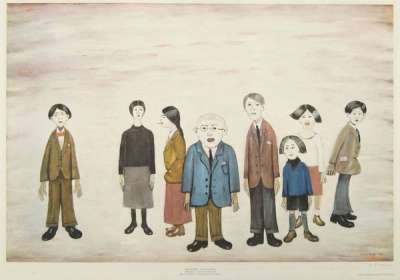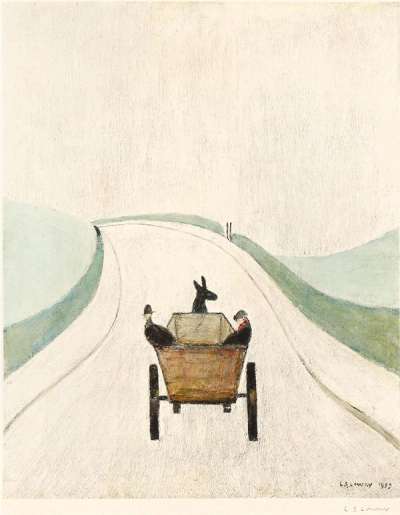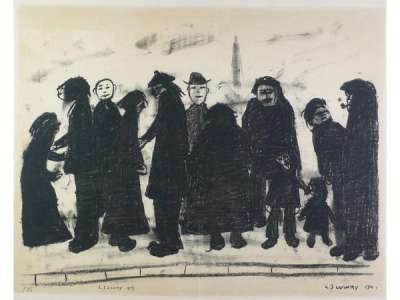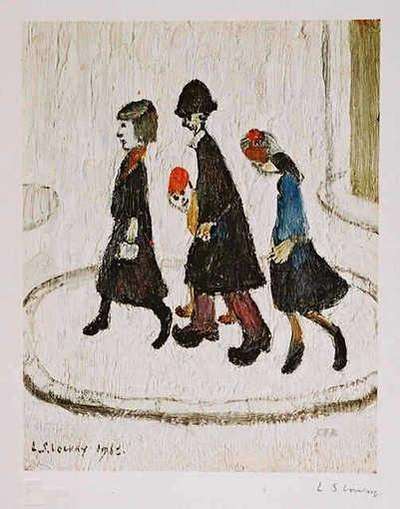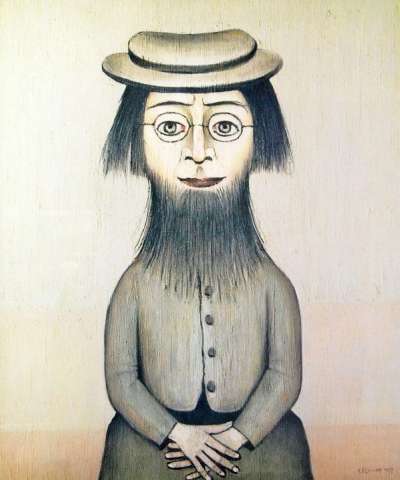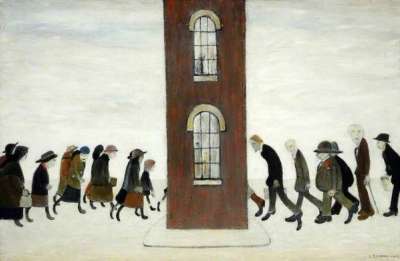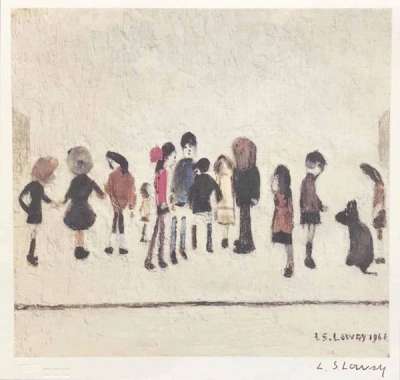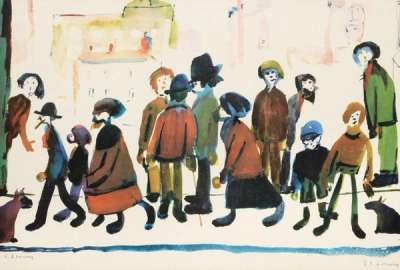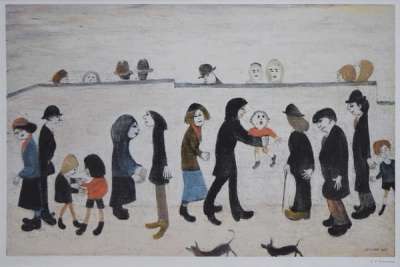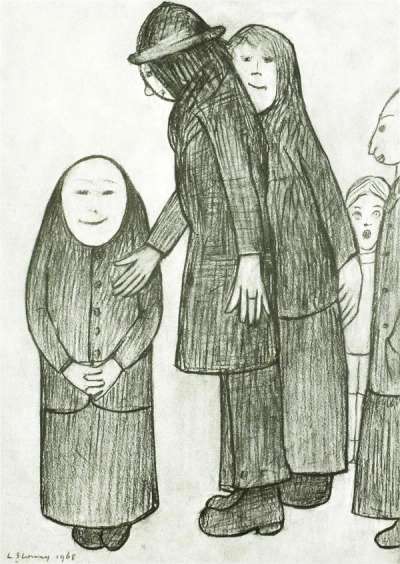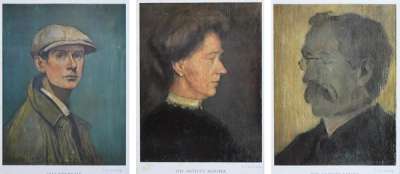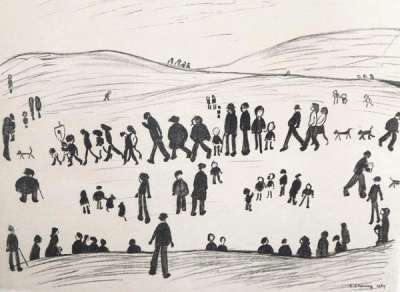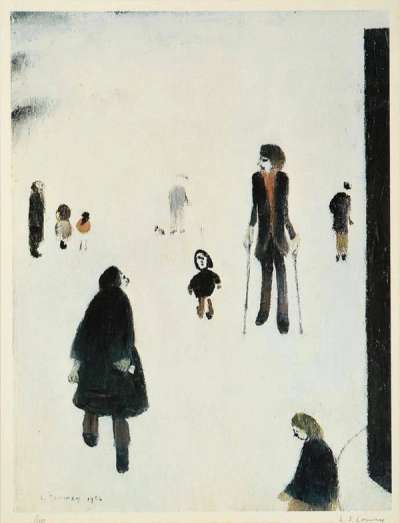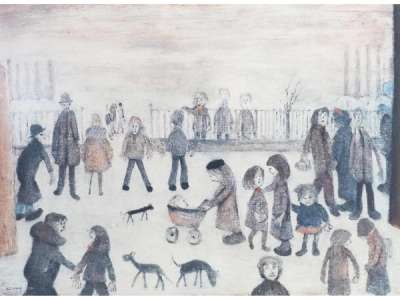
Three Men And A Cat
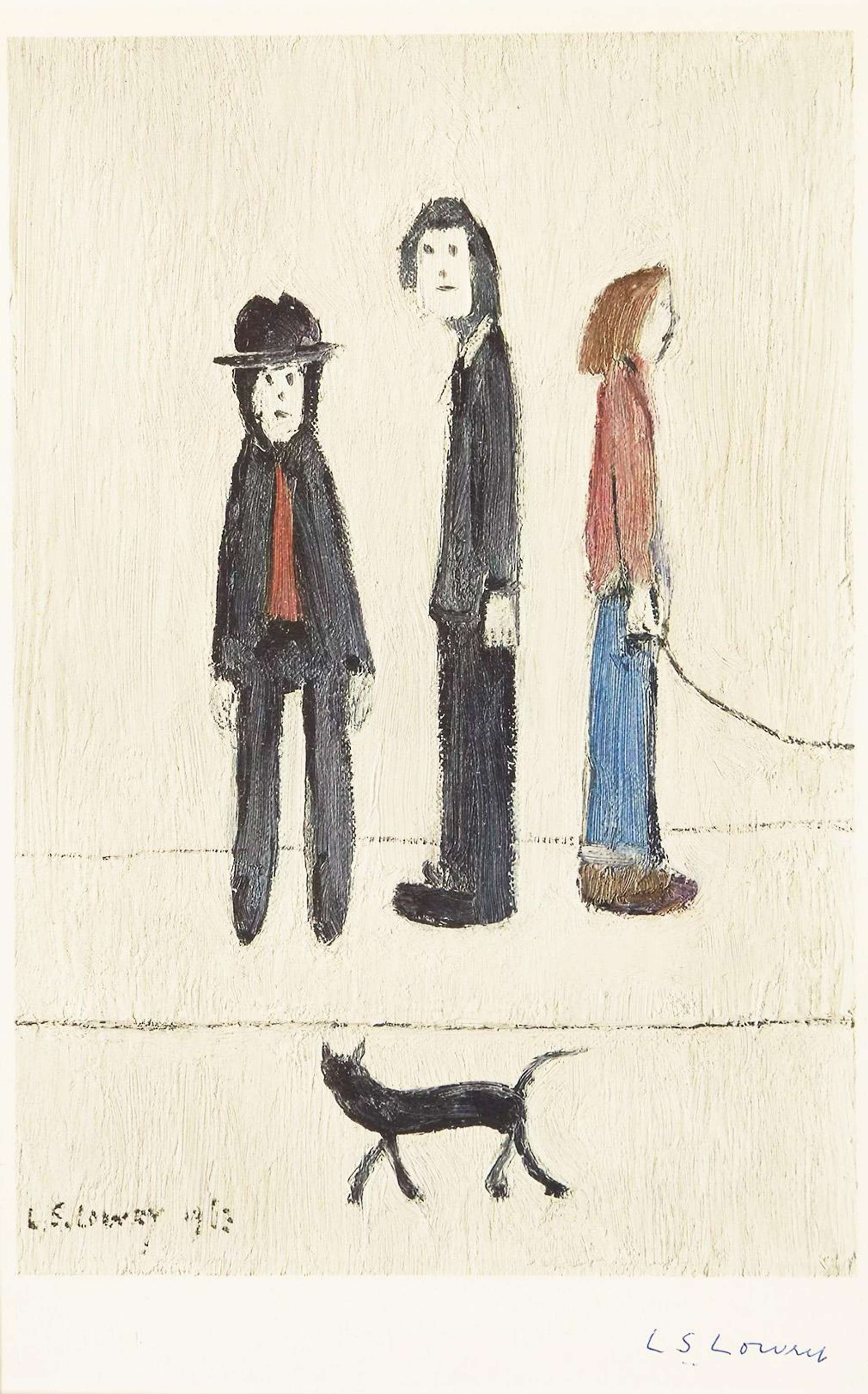
Three Men And A Cat
Signed Print
L S Lowry
£1,950-£2,950
$3,750-$5,500 Value Indicator
$3,300-$5,000 Value Indicator
¥18,000-¥27,000 Value Indicator
€2,300-€3,450 Value Indicator
$19,000-$29,000 Value Indicator
¥370,000-¥560,000 Value Indicator
$2,450-$3,700 Value Indicator
AAGR (5 years) This estimate blends recent public auction records with our own private sale data and network demand.
There aren't enough data points on this work for a comprehensive result. Please speak to a specialist by making an enquiry.
Medium: Lithograph
Edition size: 850
Year: 1971
Size: H 25cm x W 18cm
Signed: Yes
Format: Signed Print
TradingFloor
MyPortfolio
Your collection tracked in real time.
Build your portfolio, manage valuations, view return against your collection and watch works you're looking for.
Track auction value trend
Auction Results
| Auction Date | Auction House | Artwork | Hammer Price | Return to Seller | Buyer Paid |
|---|---|---|---|---|---|
| November 2023 | Rosebery's Fine Art Auctioneers - United Kingdom | Three Men And A Cat - Signed Print | |||
| October 2023 | Duke's Auctioneers - United Kingdom | Three Men And A Cat - Signed Print | |||
| June 2023 | David Lay FRICS - United Kingdom | Three Men And A Cat - Signed Print | |||
| June 2023 | Rosebery's Fine Art Auctioneers - United Kingdom | Three Men And A Cat - Signed Print | |||
| March 2023 | Ewbank's - United Kingdom | Three Men And A Cat - Signed Print | |||
| March 2023 | Rosebery's Fine Art Auctioneers - United Kingdom | Three Men And A Cat - Signed Print | |||
| November 2021 | Rosebery's Fine Art Auctioneers - United Kingdom | Three Men And A Cat - Signed Print |
Meaning & Analysis
Three Men And Cat is a lithograph from 1963 by L. S. Lowry that features an image of three highly stylised figures and a cat, depicted in the artist’s characteristic figurative style. This print is an example of Lowry’s style that focused on small groups of figures and portraits of individuals painted on a plain white ground with little or no architectural landscape setting.
Instantly recognisable as Lowry, this print is like a snapshot from one of the artist’s very famous, large industrial landscapes. The composition is tightly cropped, and the image focuses closely on the figures that usually inhabit Lowry’s larger landscapes, their clothing and faces viewed in more detail.
The artist was insistent on the fact that many of his portraits were based on real people he saw in and around Greater Manchester whilst working as a rent collector. It is unclear whether these three men know each other, as Lowry has shown them standing in three opposing positions, providing the print with an atmosphere of loneliness and isolation. Highly stylised, these figures appear melancholic, making clear Lowry’s view on the condition of loneliness experienced as a result of modern industrial life in the city.
